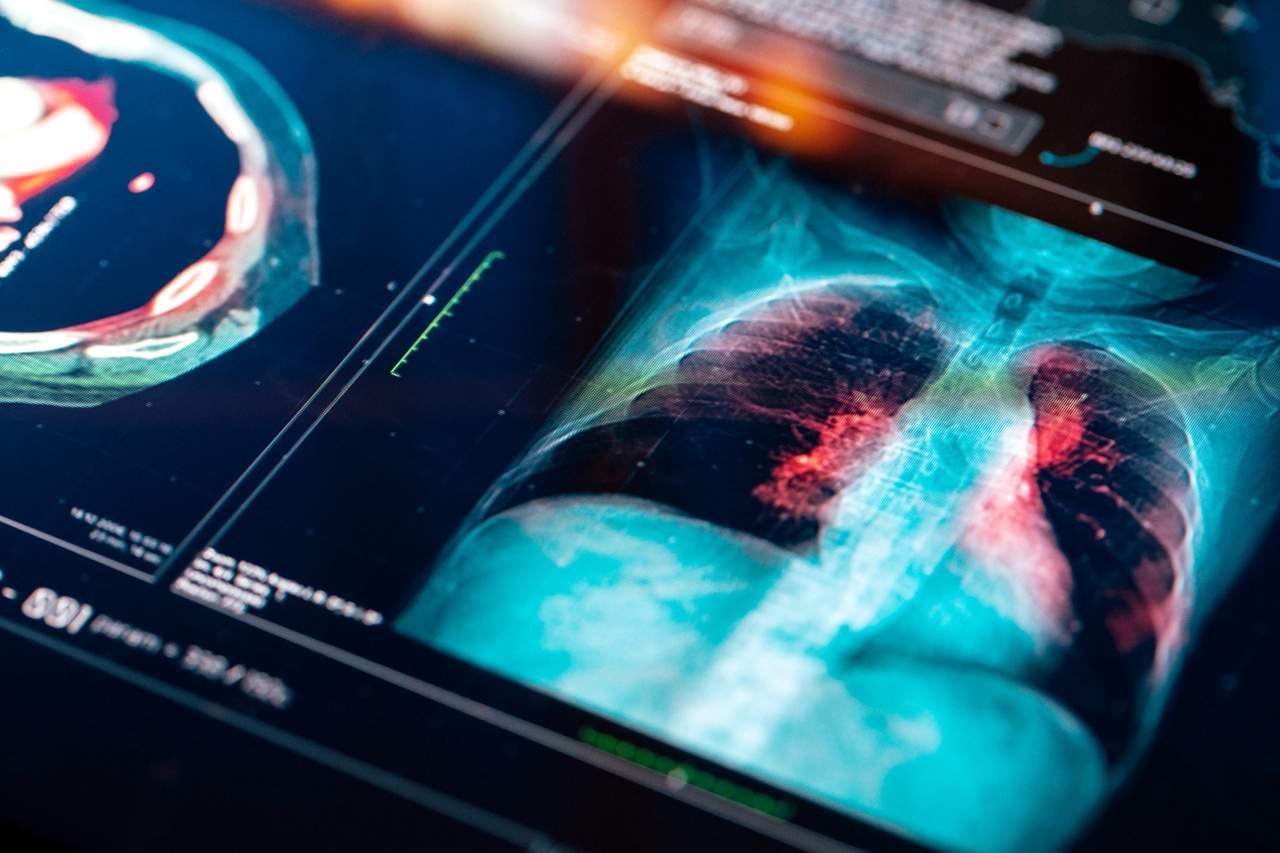What is Calcium Scoring and Who Needs it?

What Is Calcium Buildup?
Calcium buildup (or calcification) occurs when calcium accumulates and hardens in the body’s organs, tissues, or blood vessels. It can occur in the skin, tendons and joints, teeth, and other areas. When calcium collects in the arteries, it’s called atherosclerosis — a condition that increases the risk of heart attacks, strokes, and other severe health events and issues.
Fortunately, cardiac calcium scoring is a screening process that can detect calcium buildup (called plaque deposits) in the blood vessels.
Who Needs a Calcium Score?
A calcium scoring test checks for calcium deposits in the heart arteries. Also called cardiac CT calcium scoring or cardiac CAT scan calcium scoring (with CT and CAT referring to computed tomography scans), it’s a painless imaging procedure that provides doctors with helpful information about the presence of plaque deposits that can block blood vessels.
Who should get cardiac calcium scoring? It’s not a routine screening, but your doctor might recommend a cardiac calcium scoring exam if you have specific risk factors, including:
- A family history of coronary artery disease
- Inactive lifestyle
- A body mass index (BMI) higher than 25 (overweight) or 30 (obesity)
- High cholesterol, high blood pressure, or diabetes
- Current or past tobacco use
Your doctor will explain why CT cardiac calcium scoring is important for you if they recommend the procedure. (They may also explain cardiac calcium scoring vs. carotid ultrasound.) In some cases, a cardiac calcium scoring procedure can be helpful for people who question whether they should start or continue statin therapy.
At What Age Should You Get a Cardiac Calcium Score?
Doctors typically recommend cardiac calcium scoring for people who are ages 40 to 70 and have some of the risk factors above but aren’t experiencing any heart disease symptoms. The cardiac calcium scoring chart below shows how the results are interpreted:
Coronary Artery Calcium Percentiles
Women
| Age | N | 25% | 50% | 75% | 90% |
|---|---|---|---|---|---|
| <40 | 641 | 0 | 0 | 1 | 3 |
| 40-44 | 1024 | 0 | 0 | 1 | 4 |
| 45-49 | 1634 | 0 | 0 | 2 | 22 |
| 50-54 | 2184 | 0 | 0 | 5 | 55 |
| 55-59 | 1835 | 0 | 1 | 23 | 121 |
| 60-64 | 1334 | 0 | 3 | 57 | 193 |
| 65-69 | 731 | 1 | 24 | 145 | 410 |
| 70-74 | 438 | 3 | 52 | 210 | 631 |
| >74 | 174 | 9 | 75 | 241 | 709 |
Men
| Age | N | 25% | 50% | 75% | 90% |
|---|---|---|---|---|---|
| <40 | 3504 | 0 | 1 | 3 | 14 |
| 40-44 | 4238 | 0 | 1 | 9 | 59 |
| 45-49 | 4940 | 0 | 3 | 36 | 154 |
| 50-54 | 4825 | 1 | 15 | 103 | 332 |
| 55-59 | 3472 | 4 | 48 | 215 | 554 |
| 60-64 | 2288 | 13 | 113 | 410 | 994 |
| 65-69 | 1209 | 32 | 180 | 566 | 1299 |
| 70-74 | 540 | 64 | 310 | 892 | 1774 |
| >74 | 235 | 166 | 473 | 1071 | 1982 |
Your doctor will explain your cardiac calcium scoring results and discuss whether you need to take any action to address them.
Guide to Calcium Scoring Process
Preparation
As you prepare for a calcium scoring procedure, you should tell your doctor about any medications you take and any allergies. You should also let them know if you’re pregnant or could be pregnant.
Ask your doctor if you should avoid food, beverages, caffeine, and tobacco products before your test. The technologist may have you change into a hospital gown and remove metal from your body, like glasses and jewelry.
Positioning On the Table
You’ll lie on a special table for your procedure. It moves into the middle of a donut-shaped scanner as the test starts. You’ll be able to talk with the technologist during the procedure.
Scanning
It’s crucial to avoid moving during the scan. The technologist may ask you to hold your breath for 10 to 20 seconds to enable the machine to capture clear images.
Understanding The Results
If your results are “positive,” the scan has detected calcium in your coronary arteries. As noted in the table below, the amount of calcium (plaque deposits) determines your risk of a heart attack and other problems. Your doctor will use this information, as well as your family history and other risk factors, to recommend the next steps.
| Calcium Score | Plaque Deposits/Calcification |
|---|---|
| 0 | None detected |
| 1-10 | Small amount of plaque (low risk of heart attack) |
| 11-100 | Some plaque (slightly elevated risk of heart attack) |
| 101-400 | Moderate amount of plaque (medium to high risk of heart attack) |
| 401 and higher | Extensive plaque (90% chance of a blocked artery and high risk of heart attack) |
Benefits Of Calcium Scoring
You might wonder, “Is cardiac calcium scoring beneficial?” The short answer is, yes, it is. If the test results point to a significant risk of a heart attack or other issues, your doctor can develop a treatment plan. If you have little or no plaque, you may be able to continue enjoying the healthy lifestyle that has helped you avoid calcium buildup.
Preventative Measures For Calcium Scoring
If your cardiac calcium score is elevated, your doctor may recommend these actions:
- Exercising regularly
- Changing your diet
- Taking a statin to manage your cholesterol level
- Getting follow-up tests
- Having periodic visits to monitor your condition
This painless imaging process provides valuable insights into the health of your blood vessels and your heart attack risk. If you have questions about how accurate cardiac calcium scoring is, what a cardiac calcium scoring test shows, etc., your doctor is happy to answer them.
Next Steps and Helpful Resources
Learn More About Imaging/Diagnostics
Find an Imaging Provider Near You
Types of Diagnostic Medical Imaging Explained
Which Imaging Has The Most Radiation?
How to Prepare for an MRI



